Publications
Articles, publications, books, tools and multimedia features from the U.S. Institute of Peace provide the latest news, analysis, research findings, practitioner guides and reports, all related to the conflict zones and issues that are at the center of the Institute’s work to prevent and reduce violent conflict.
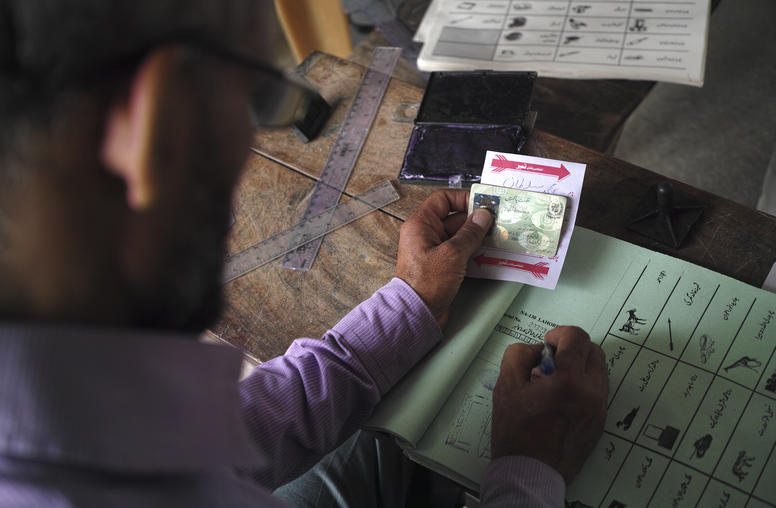
Despite Violence, Pakistan’s Elections Steadily Improve
Governed under military rule for long periods of its history, Pakistan’s July 25 general elections marked the second time a democratically elected, civilian government completed its five-year constitutional term, as per the 1973 constitution, and transferred power to a democratically elected successor. For Pakistan, the goal is...

The Risks of Violence in Nigeria’s 2019 Elections
In February 2019, Nigerians go to the polls to elect the country’s next president, parliament and state governors. Nigeria’s elections have historically been tense, and as the campaign gets underway there are concerns the upcoming process will see new violence. USIP’s Chris Kwaja, Oge Onubogu and Aly Verjee discuss the significance of the vote, what has changed since the 2015 elections, and suggest what can be done to mitigate risks of violence.
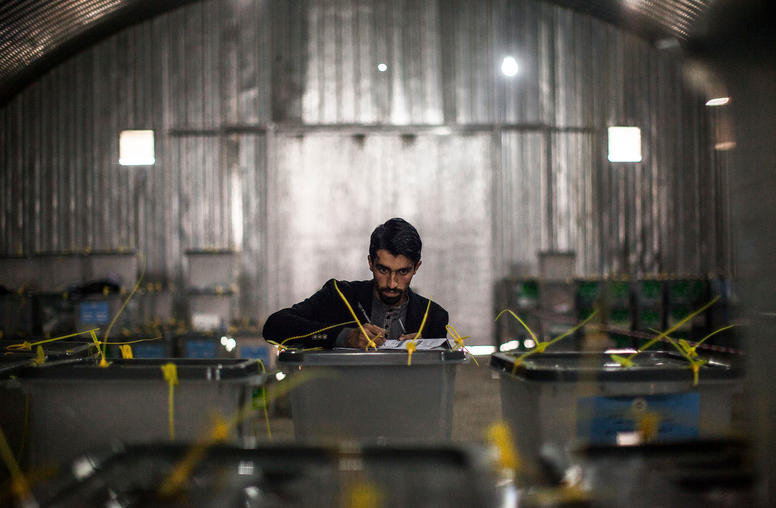
Afghanistan’s Parliamentary Vote: A Canary in the Presidential Poll Mine
There is a palpable sense of anticipation in Kabul days before parliamentary elections will be held. Blast walls, billboards and powerline poles are plastered with the campaign posters of the hopeful candidates. With 800 candidates competing for 33 seats in Kabul, winning a seat in the province will be challenge. The possibility of successful electoral process nationally is equally daunting, however, as poor security, delayed preparations and the last-minute introduction of electronic voter verification machines (in a country with spotty electricity) make pulling off a credible vote a real gamble.
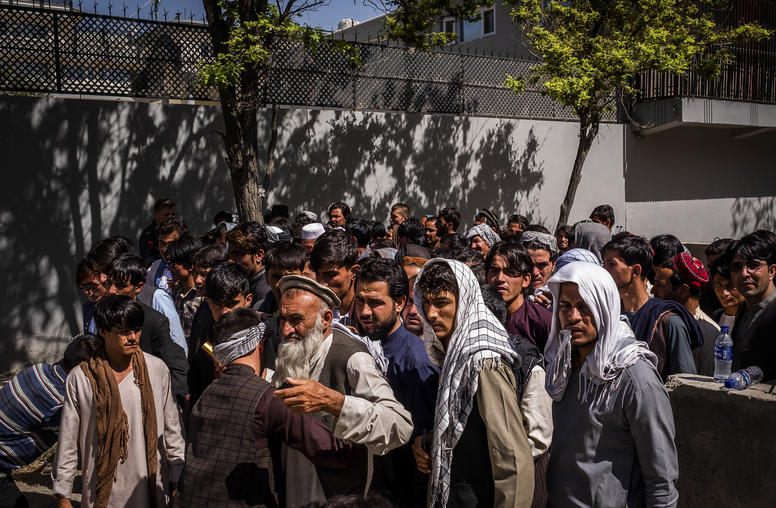
Amid Intense Violence, Afghans Show Support for Democracy
USIP’s Scott Worden examines Afghanistan's October parliamentary elections, including the impact of violence, the elections’ credibility and what implications the polls will have for the peace process and the critical 2019 presidential election.
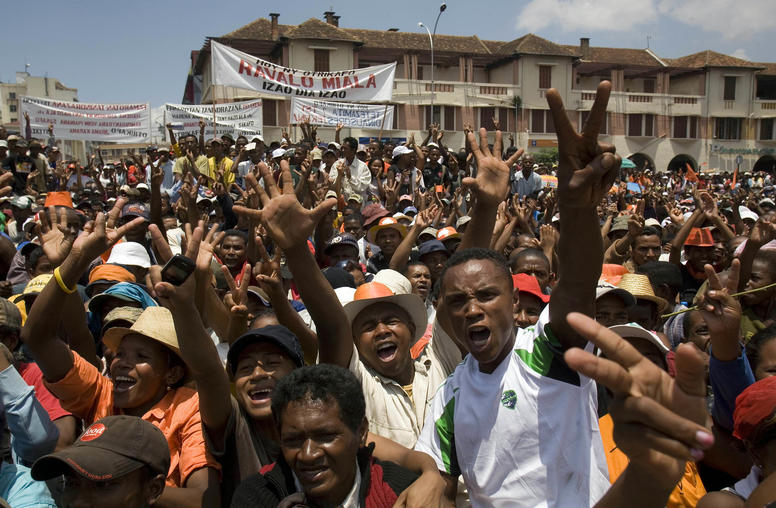
In Madagascar, a Presidential Vote Sees Old Fissures Resurface
On November 7, the Indian Ocean island nation of Madagascar, a country larger in area than California and more populous than Florida, goes to the polls to elect its next president. With a history of political crisis and fraught elections, the 2018 polls have seen renewed acrimony as no less than four former presidents of Madagascar seek the country’s highest office. USIP’s Aly Verjee and Jonas Claes discuss what’s at stake, the challenges ahead and how election disputes and violence can be mitigated.
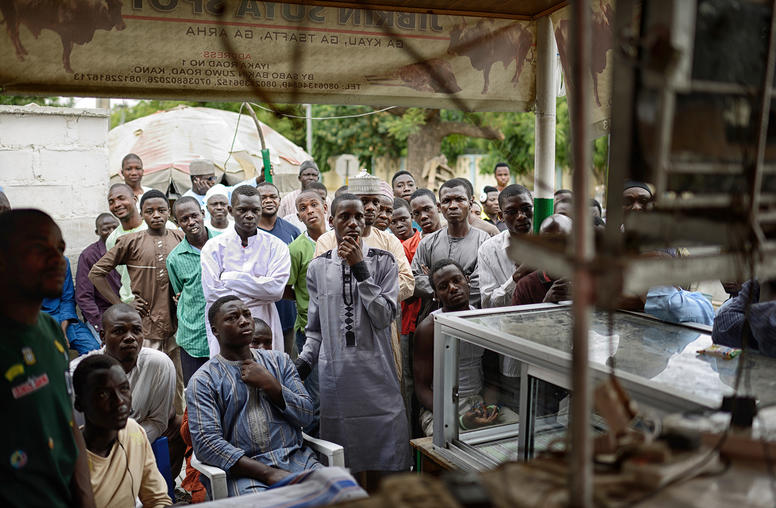
The Risk of Election Violence in Nigeria is Not Where You Think
Nigeria’s political parties are in full campaign mode ahead of national and state-level elections early next year, and unfortunately signs are emerging that election-related violence is a real possibility. It’s not too late, however, for Nigerians and the international community to take steps to reduce the risks of coercion and possibly even bloodshed.
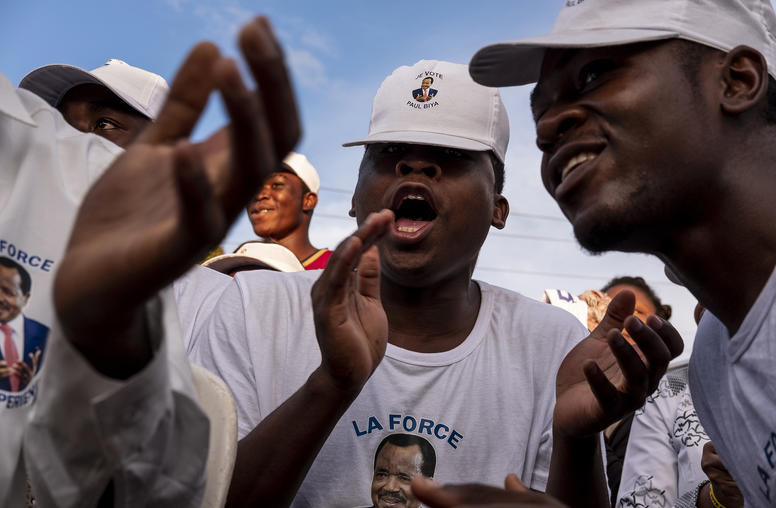
After Election, Cameroon’s Governance Crisis Continues
Eighty-five-year-old Paul Biya, president of Cameroon since 1982, was sworn in for his seventh term in office on November 6, after complaints arising from multiple allegations of electoral irregularities in polls held a month earlier were dismissed by Cameroon’s constitutional court. An intercommunal crisis in Cameroon has seen violence increase substantially since 2017, and the conduct of these elections—which saw a partial boycott—has added to grievances. In this analysis of the official election results, USIP’s Aly Verjee and Jude Mutah examine the data, and discuss the prospects for Cameroon after the election.
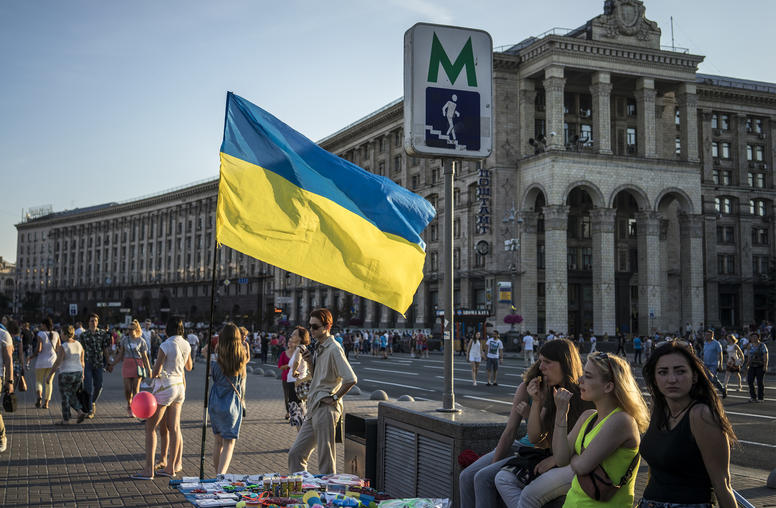
Ukraine’s Elections Could Turn Violent—This is How to Prevent It
Ukraine is facing a busy election season in 2019, with presidential elections on March 31 and parliamentary elections scheduled for October, amid a challenging security context. Many Ukrainians expect turbulent and “dirty” elections with increased tension during the campaign periods, and between Election Day and the likely presidential run-off.
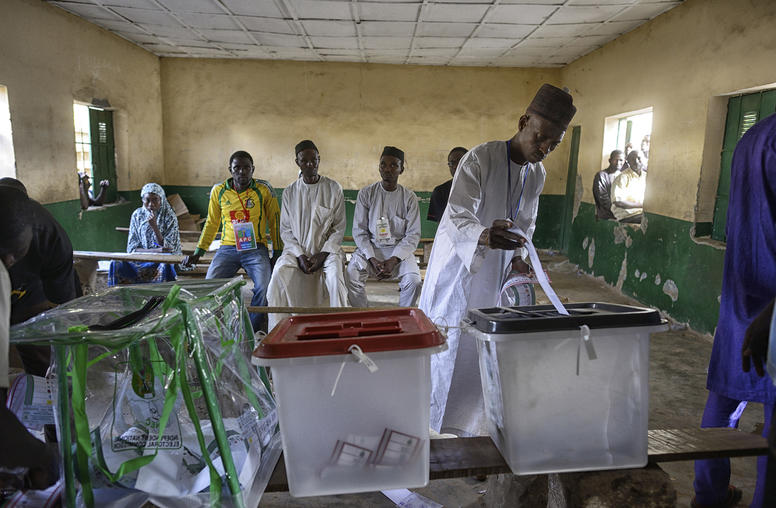
What’s at Stake in Nigeria’s 2019 Elections?
On Saturday, over 84 million eligible Nigerian voters are set to go to the polls to elect their next president and members of the National Assembly, with state-level elections to be held on March 2. Among the 73 presidential candidates, incumbent Muhammadu Buhari and former Vice President Atiku Abubakar are the top two contenders. As Africa’s most populous country with its biggest economy and democracy, Nigeria is a bellwether for the continent and these elections will be widely watched by the region and international community. USIP’s Oge Onubogu, Chris Kwaja and Aly Verjee look at why these elections matter, security challenges surrounding the polls, and how the U.S. can support Nigeria beyond the elections.
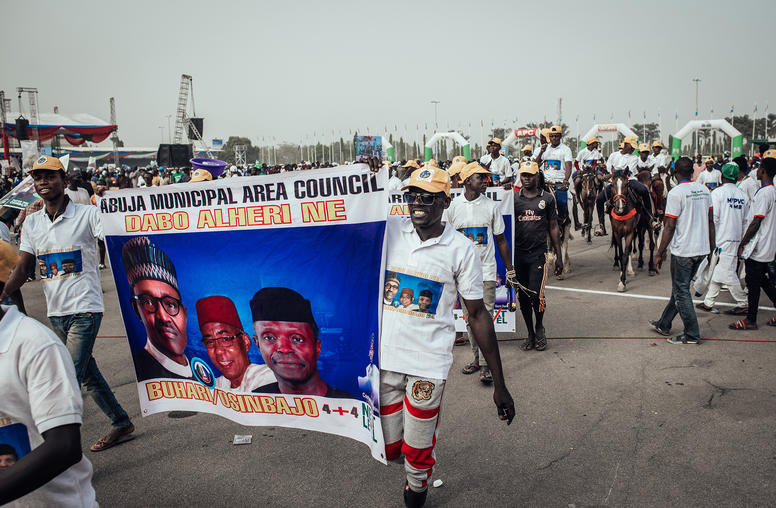
Nigerians Head to the Polls Again for State Elections
On March 9, Nigerians return to the polls to elect governors and state legislators. The balloting follows the presidential elections held February 23, which saw the incumbent president, Muhammadu Buhari, re-elected for another four-year term. USIP’s Chris Kwaja and Aly Verjee discuss how Buhari’s victory may impact the state elections, Nigerians’ seeming disenchantment with voting, and how to avert potential violence.